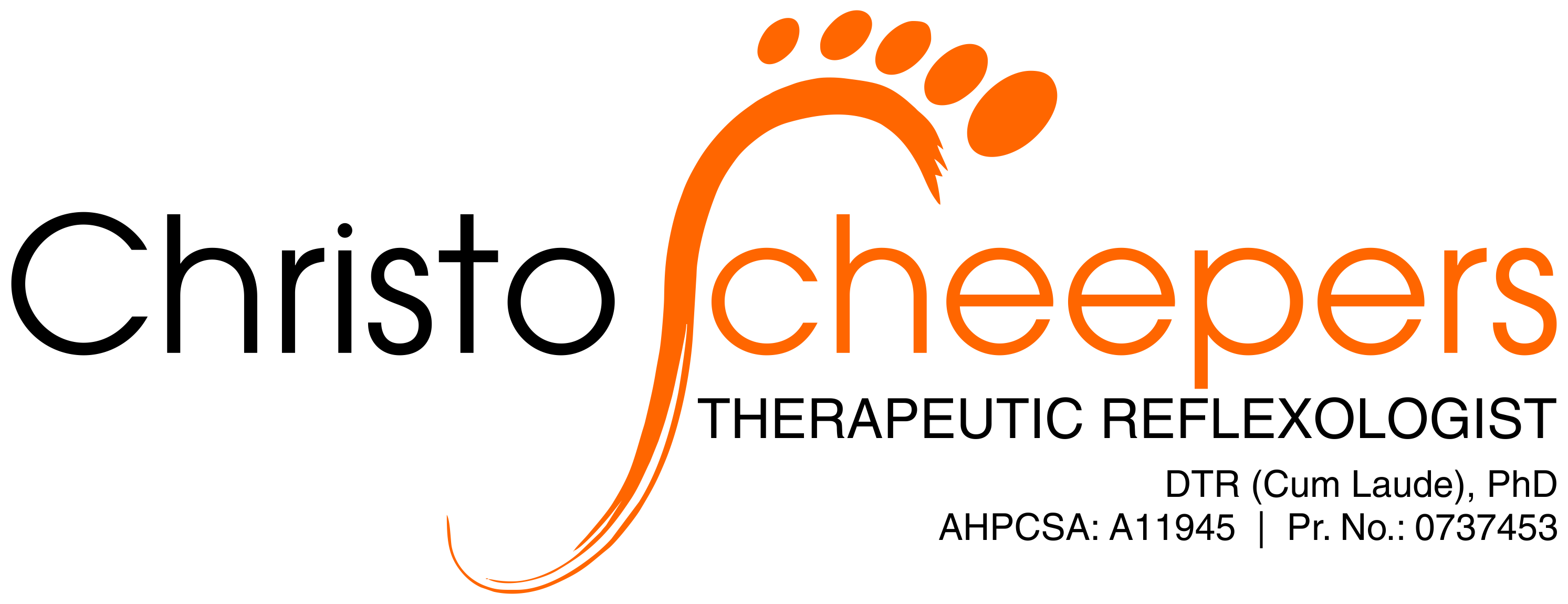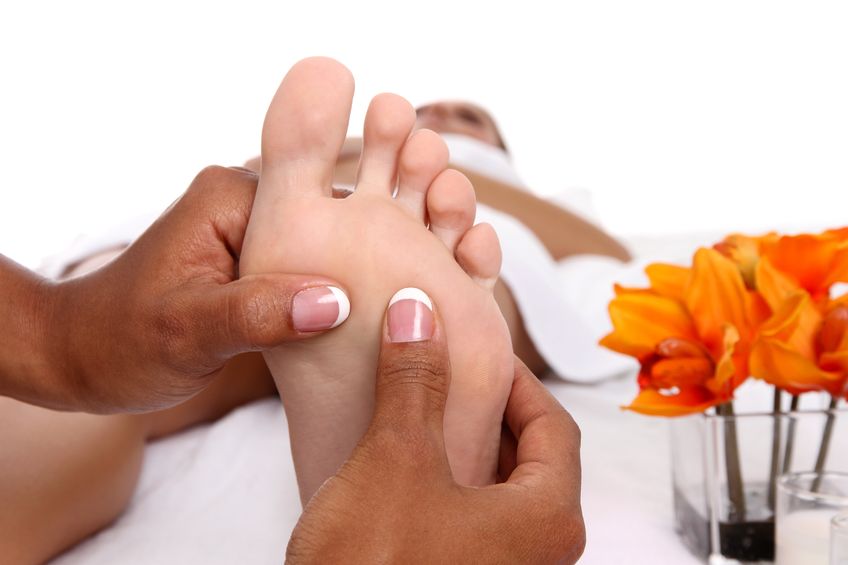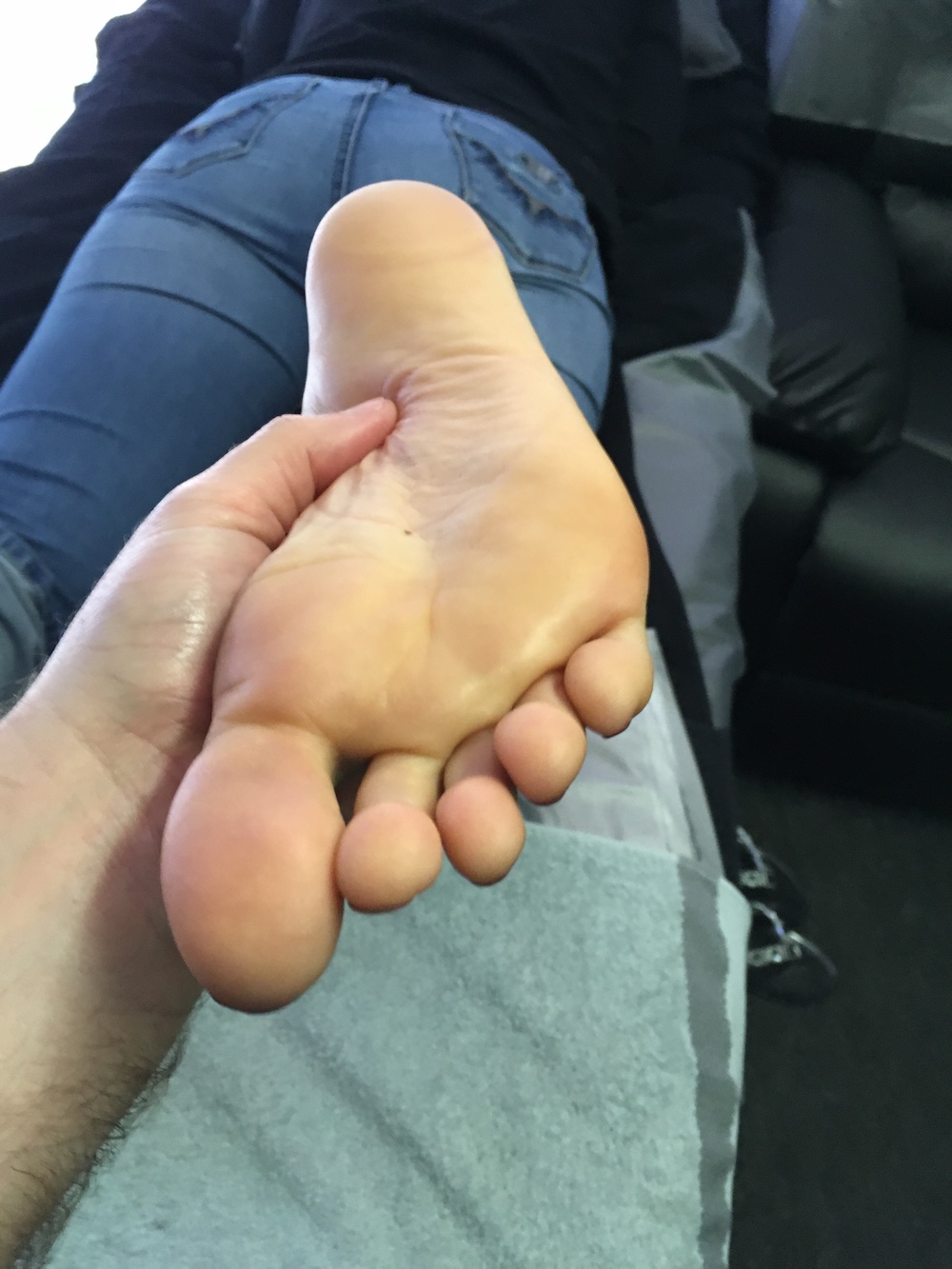In today’s post, we’ll consider the impact Therapeutic Reflexology can have on your mental health, especially since there has been quite a focus on mental wellbeing in the past few years.
Mental health is defined by the World Health Organization (WHO) as “mental well-being” enabling people to deal with life stresses because mental health is not merely the “absence of mental disorders” (WHO, 2022b). The WHO (2022a) classifies mental disorders into the categories of anxiety disorders, depression, bipolar disorder, post-traumatic stress disorder (PTSD), schizophrenia, eating disorders, disruptive behaviour and dissocial disorders, and neurodevelopmental disorders.
The first question that emerges, is always: Does Therapeutic Reflexology treat or heal mental disorders? The answer is simply, no! Therapeutic Reflexology does not treat specific conditions nor claims to heal any conditions, but it may add value to people dealing with mental conditions. Therapeutic Reflexology is known as a complementary healthcare modality attempting to restore homeostasis (or balance) and as a result, it may positively impact on people dealing with mental conditions. Let’s consider this in more detail.
We live in times that may cause severe stress to some people and Therapeutic Reflexology is known as an excellent stress relieving therapy. The best way to determine if Therapeutic Reflexology will reduce your stress levels, is to experience it for yourself. Make an appointment with a qualified and experienced Therapeutic Reflexologist, which means the therapist is officially registered with the statutory council, namely the Allied Health Professions Council of South Africa (AHPCSA) that regulates the profession in South Africa. Experience a Therapeutic Reflexology treatment and see how your body and mind react to the treatment; that should give you a good indication whether the therapy will work for your or not. Do not be hasty, Therapeutic Reflexology is not a magic trick that removes all your stress in one session, but one session should be sufficient to give you an idea of whether it will work for your or not as you will be able to experience its stress relieving properties.
Therapeutic Reflexology is one of the best forms of stress relief available in modern times.
If you are dealing with PTSD, it means your stress is rooted in a traumatic event or events from the past that may still be triggering you. Dealing with PTSD may require psychological help to deal with the devastation and experiences, but part of ongoing stressful situations is the excessive secretion of adrenaline and cortisol in the body, and that is where Therapeutic Reflexology may add value to people dealing with PTSD. Therapeutic Reflexology is ideal to help you relax, but not only during the hour of treatment, it helps to restore balance which means that it assists the body to regulate and eliminate excess adrenaline and cortisol, thus helping your body relax from the inside out. How would you know if Therapeutic Reflexology is working for you in this regard? Well, you will feel less “on-the-edge”, you will feel less irritated, less agitated, less restless, perhaps experience less mood swings and sleep better. This does not mean that Therapeutic Reflexology replaces psychological help, but it assists in getting your body to calm down from the heightened fight-or-flight state, while you and the psychologist are addressing the psychological aspects of PTSD.
Anxiety disorders may also increase stress levels for which Therapeutic Reflexology may be beneficial, but furthermore, homeostasis in Therapeutic Reflexology is not only about physical balance, but also emotional balance. Theoretically, Therapeutic Reflexology may thus assist to get your emotions back into balance, but that is also usually done in conjunction with your psychologist. While you and the psychologist are dealing with the causes of the anxiety disorders, the Therapeutic Reflexologist may provide therapy aimed at specific areas like the bladder-kidney areas, which are usually associated with anxiety, fears, and phobias. Providing supportive therapy may help the body restore balance of the physical and emotional aspects.
That is an important point to note: Therapeutic Reflexology facilitates the body’s own natural healing abilities to function optimally; it does not interfere with the body’s own natural healing abilities.
Therapeutic Reflexology does not treat specific mental disorders, but merely provides a supportive role, for example, when some people deal with certain mental conditions, they may become lonely and isolated from others. Therapeutic Reflexology offers a physical therapy that is non-invasive, which means that you may experience a healthy form of touch during the session that may help you feel less lonely and isolated. Therapeutic Reflexology creates a secure, non-threatening environment where you can just be yourself, lie back and relax while experiencing healthy touch, reduced stress levels, and being present with the therapist in a safe environment. What you do during the session is your choice; you can either be quiet and relax, or you may communicate and have a conversation with the therapist; whatever your need or want may be.
Therapeutic Reflexologists are professional healthcare providers which means they can effectively work in a multidisciplinary team within their specific scope of practice and thus not overstep on the terrain of other healthcare providers.
Therapeutic Reflexology will never replace your medical or psychological care but may offer a supportive role by offering you a complementary therapy that may improve your quality of life.
Are you or a friend or family member dealing with mental conditions? Have you tried Therapeutic Reflexology as an add-on therapy? If not, perhaps that is something to consider.
References
World Health Organization (WHO) (2022a) Mental Disorders. [Online] Available from: https://www.who.int/news-room/fact-sheets/detail/mental-disorders [Accessed 13 August 2025].
World Health Organization (WHO) (2022b) Mental Health. [Online] Available from: https://www.who.int/news-room/fact-sheets/detail/mental-health-strengthening-our-response [Accessed 13 August 2025].
—
Christo A. Scheepers: Therapeutic Reflexologist
DTR (Cum Laude), Ph.D.
AHPCSA: A11945
Pr. No.: 0737453
Tel. 072-800 7243
www.christoscheepers.co.za
info@christoscheepers.co.za


